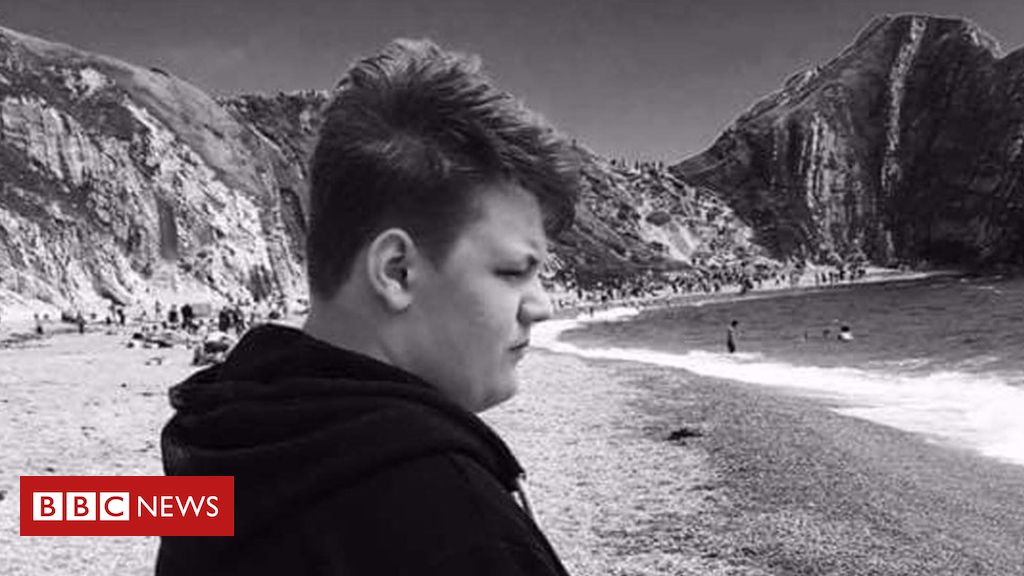In the latest challenge to the so-called, ‘special relationship’ between the UK and the US, the wife of a US diplomat has fled the UK after being implicated in the tragic death of 19-year-old Harry Dunn.
Anna Sacoolas was named as a suspect in the fatal collision between Dunn’s motorbike and a car in Northamptonshire in August of this year. Originally, the chief constable in charge of the case had assured that Sacoolas had ‘engaged fully’ and ‘had no plans to leave the country in the near future’. However, the story has taken a sour turn after Sacoolas did, in fact, return to the US, despite her promises not to do so.
The main point of contention that surrounds the case is the US’s refusal to waive Sacoolas’s diplomatic immunity. This is the process which allows diplomats and their family members to be immune from prosecution in the country in which they are working. They can be forcibly expelled from the country but cannot be prosecuted, unless their home country opts to waive diplomatic immunity.
PM Boris Johnson and the Northamptonshire police have urged the Trump administration ‘in the strongest terms’ to consider waiving immunity, in order for them to proceed with the Dunn case. However, they have so far been refused. As long as the US continues to take this stance, the case will remain unresolved and Harry Dunn’s family and friends will not be able to obtain the closure they so desperately need.
As it stands, the outlook for the British side looks decidedly bleak. Hardly famed for his capacity to reason and negotiate; Donald Trump recently expressed his sympathies for Sacoolas – after all, who hasn’t found themselves accidentally driving on the wrong side of the road in the country they’ve lived and worked in for years.
“The woman was driving on the wrong side of the road, and that can happen. You know those are the opposite roads, that happens. I won’t say it ever happened to me, but it did”, Mr Trump said in a press conference on Wednesday.
If this compelling argument does not convince you that the US’s decision to protect Sacoolas is the right one, then perhaps appealing diplomatic immunity would. Historically, it is something that has very rarely been waived, amidst fears that to do so may carry much larger implications for foreign relations between countries.
Conversely, for a country not to waive immunity can be just as problematic. One famous example of this occurred in 1984, when a Metropolitan policewoman was fatally shot from the Libyan embassy. Following an 11-day lock-in, everyone in the building was released with their diplomatic immunity intact. The incident put a massive dent in US-Libyan relations from then onwards.
The case for upholding diplomatic immunity in any situation where criminal proceedings are held up – or, indeed, halted entirely – seems to have little going for it. Personally, I fail to see any case where the mere fact of being employed as a diplomat should exclude someone from receiving the same treatment as anyone else implicated in a crime. Last year, the Foreign Office expelled a diplomat accused of two rape offences after diplomatic immunity prevented them from being able to actually convict him.
Tragically, the current Dunn case is looking set to become another addition to the long list of instances where diplomatic immunity has prevented cases from being closed; much to the detriment of everyone involved on the side of the victim. It is my belief that the continued relevance of diplomatic immunity is questionable – particularly in (largely) clean court systems like ours here in the UK. Hopefully, the legacy of Harry Dunn might start moving more people towards the same feeling.
Image Credit: BBC News

